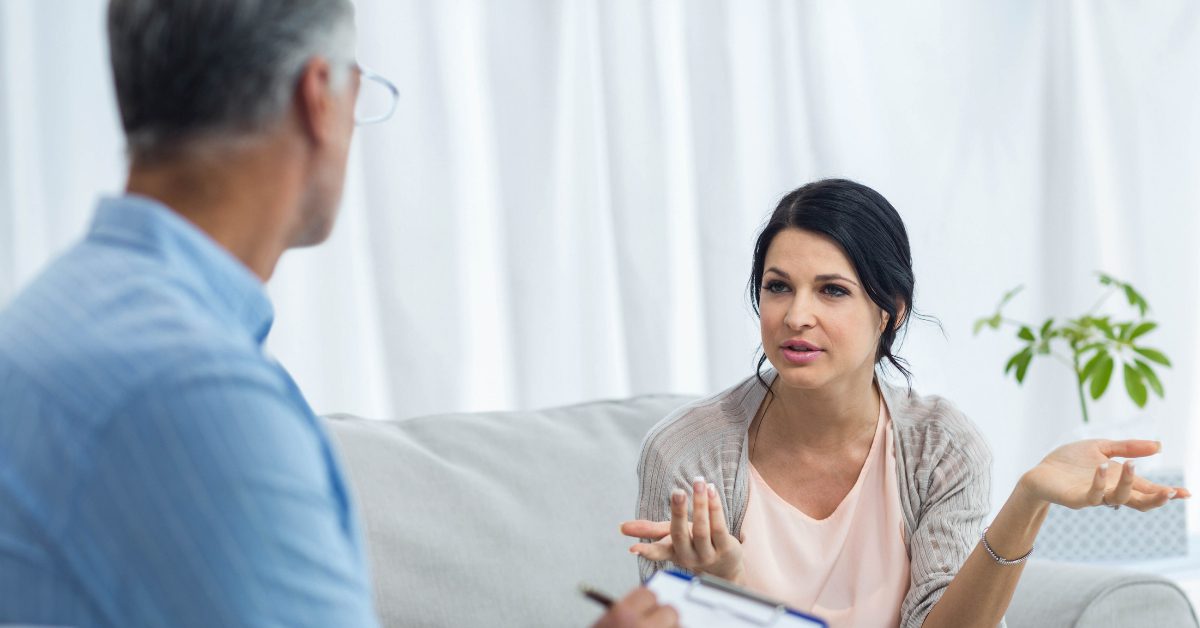How to Overcome Opioid Addiction?
If you or a loved one suffer from an opioid addiction and want to know how to overcome it, we can help you on that path to sobriety.
There are many types of opioids, and the ones that most people recognize include heroin, prescription pain killers, morphine, opium, Fentanyl, and methadone. All opioids have chemical similarities and signal the brain to release endorphins and dopamine, making people feel less pain and high. Opioid pain killers are the most relied on for medical conditions. They are generally safe when only used to relieve acute pain for only a few days. Still, they are often misused, though, due to their euphoric effects. Opioids, even if prescribed by a doctor, can lead to physical dependence and outright addiction that leads to a long-term addiction which often results in overdoses and death.
In 2020, it was determined that there were three million US citizens and 16 million individuals worldwide that had or currently suffer from opioid use disorder (OUD). (NIH)

What Does Opioid Addiction Look Like?
Without the assistance of medical staff at an opioid addiction rehab, opioid use disorder can escalate into a spiral of addiction that will change the person completely. It is vital to take action as soon as possible if you or your relative are using opioids. Anyone who is addicted to or abusing opioids will show signs that include:
- Constricted, “pinpoint” pupils
- Looking tired and sleepy all the time
- Nodding off during everyday activities (talking on the phone, drinking, eating, or watching tv, etc.)
- Red, itchy, swollen skin
- Refusing to participate in social activities once enjoyed
- Mood swings and agitation
- Impulsivity
- Using other drugs or drinking alcohol more often
- Borrowing or stealing money
- Legal troubles
What Tends to Happen to Opioid Addicts?
Addicts who are experiencing opioid withdrawals often visit emergency rooms in hospitals. Most hospitals will only provide an evaluation and assess the patient’s primary need and then refer them to a treatment program. The hospitals will not prescribe medications to reduce withdrawal or admit them for substance abuse withdrawal unless the patient also has significant medical problems. Addicts know this and often go into the emergency room falsifying an injury to get a prescription for an opioid painkiller. The result is ongoing addiction that never gets treated.
Opioid withdrawals can be treated by a practicing doctor who insists on participating in outpatient rehab and prescribes opioid replacement medications.
The National Institute of Drug Abuse Recommends MAT
The National Institute on Drug Abuse emphasizes how effective medications are for treating and ending opioid addiction. They support the use of medication assisted-treatment (MAT).
Buprenorphine and methadone are “essential medicines” according to the World Health Organization. A NIDA study shows that once treatment is initiated, a buprenorphine/naloxone combination and an extended-release naltrexone formulation are similarly effective in treating opioid use disorder. Medications should be combined with behavioral counseling for a “whole patient” approach, known as Medication-Assisted Treatment (MAT). (NIDA)
Medications, including buprenorphine, like Suboxone, or Subutex, methadone, and extended-release naltrexone as Vivitrol, are effective for treating opioid use disorders.
What Are the Best Types Of Opioid Treatment?
The preferred treatment program for opioid use disorders (addiction) will include MAT and behavioral therapy methods. The MAT’s are provided first in the medically supervised detox, which is always the first step. Then, they usually remain on the MAT during treatment. The medications help the person overcome cravings and prevent relapse. All recovering opioid addicts must receive a personalized treatment program specific to their individual treatment needs, as every person’s history with drugs is different. The best behavioral therapies include cognitive behavioral therapy, dialectical behavioral therapy, private one-on-one counseling, and holistic therapy methods.
Treatment Beginning With Detox is The Solution
A custom treatment program will provide a solid foundation for a new life free of opioids. The opioid addiction treatment program connects patients to provide detox medications upon arrival and supports each person emotionally and mentally throughout their stay at treatment. Call now to receive instant help on where to go to opioid detox today and let the solution to opioid addiction happen for you or your loved one with professional help.

